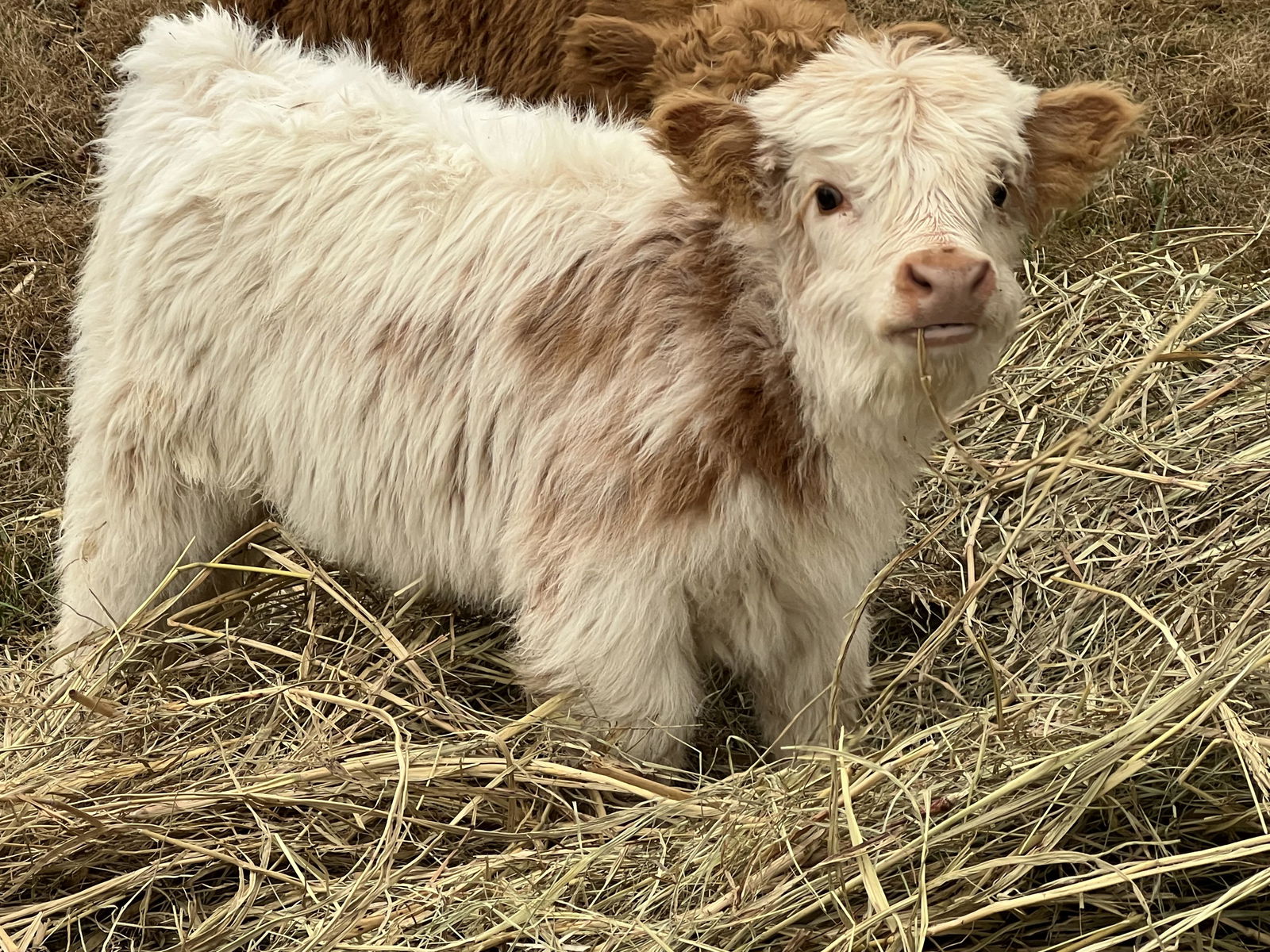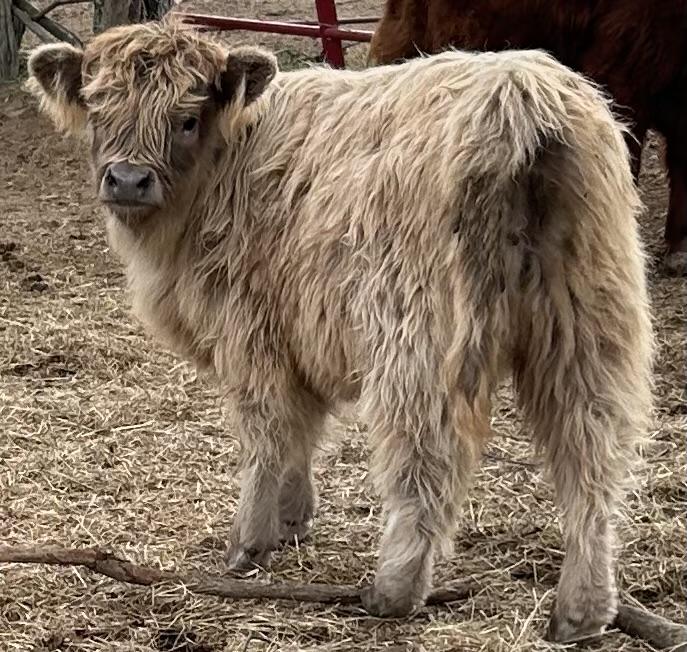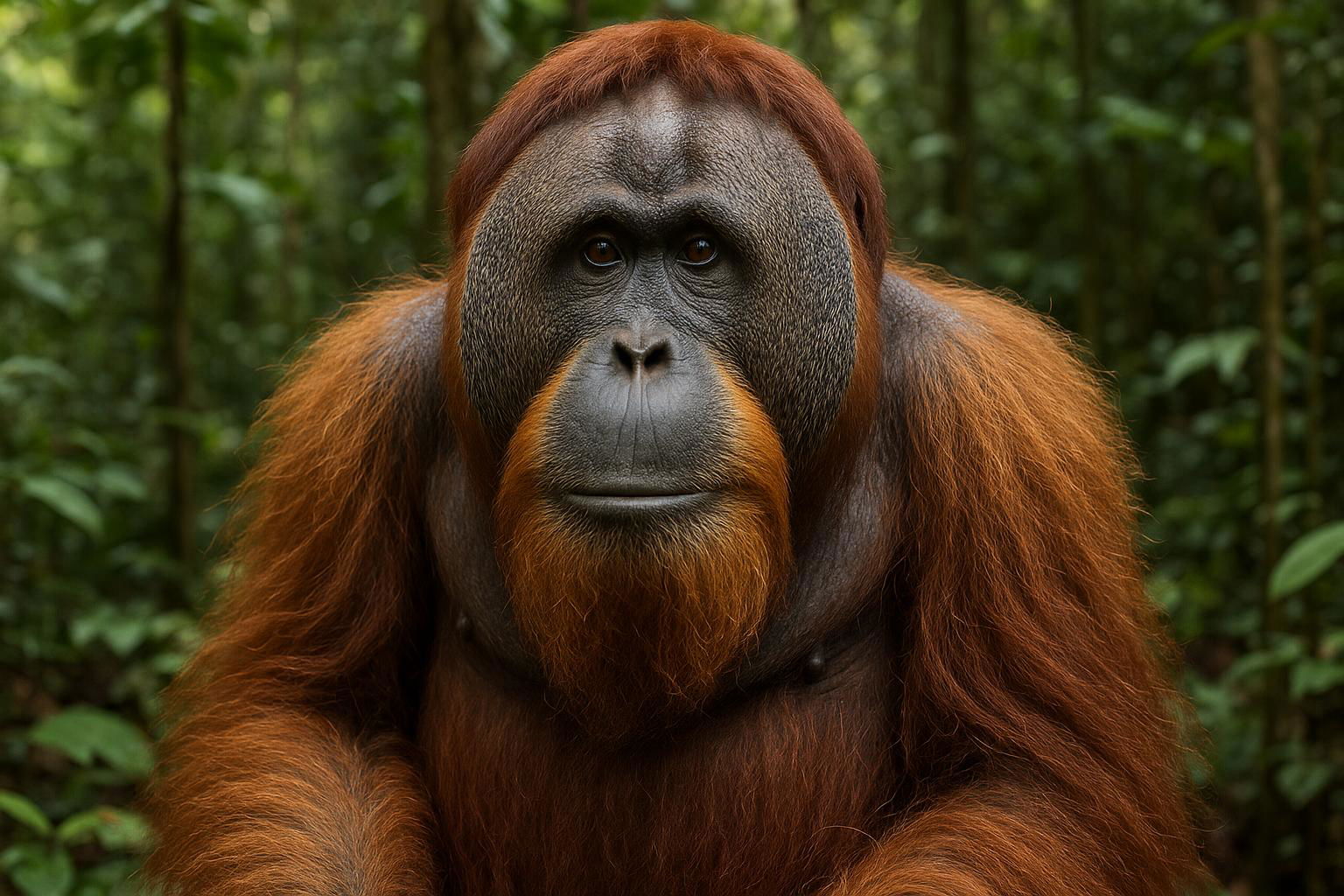
Sumatran Orangutan
Pongo abelii
The Sumatran orangutan (Pongo abelii) is a critically endangered great ape species native to the lush forests of Sumatra, Indonesia. Characterized by their distinctive reddish-brown fur and long, lanky arms, Sumatran orangutans are the most arboreal of all orangutan species, spending the majority of their time in the tree canopies. Males are notably larger than females and possess cheek pads known as flanges, which become prominent in dominant individuals. Sumatran orangutans have a highly diverse diet that includes fruits, leaves, bark, and insects. Socially, they are more solitary compared to other primates, but females are often seen with their offspring for several years, nurturing and imparting vital survival skills.
These intelligent apes are renowned for their problem-solving abilities and use of tools, such as sticks to extract insects from tree bark or to aid in fruit gathering. Unfortunately, the Sumatran orangutan faces severe threats from habitat destruction due to illegal logging, palm oil plantations, and poaching. Conservation efforts are paramount to their survival, focusing on habitat protection, rehabilitation centers, and educating the local communities about the importance of preserving these gentle forest dwellers. Sumatran orangutans play a crucial role in their ecosystem as seed dispersers, thus maintaining forest biodiversity and health.

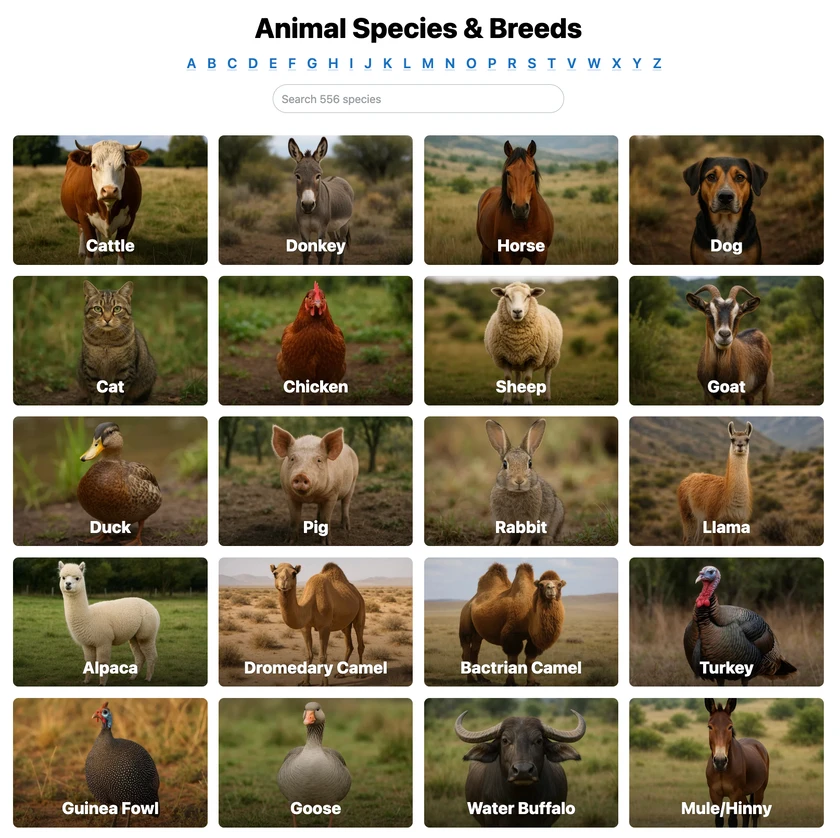 All Species & Breeds
All Species & Breeds
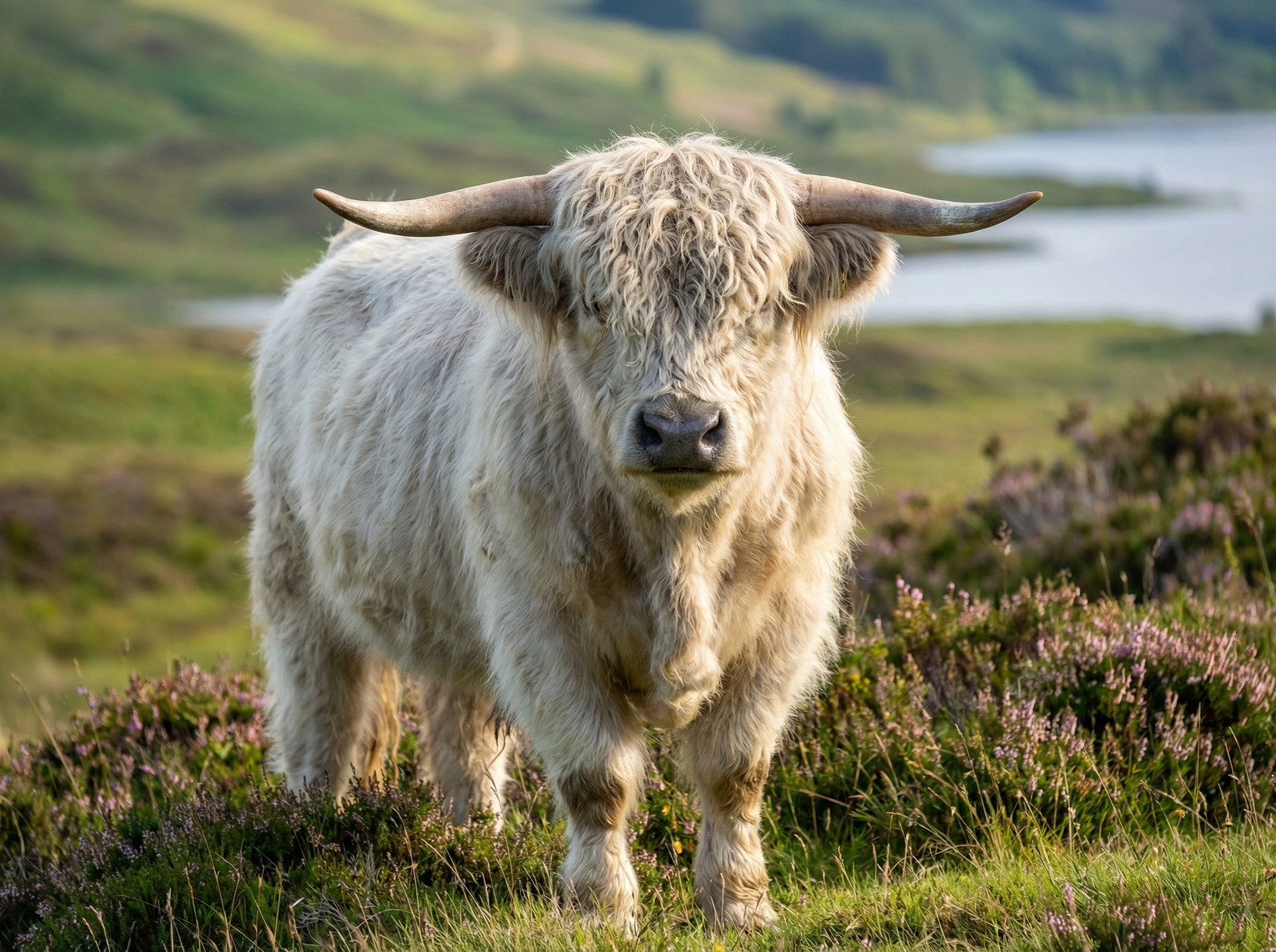 Highland Cattle
Highland Cattle
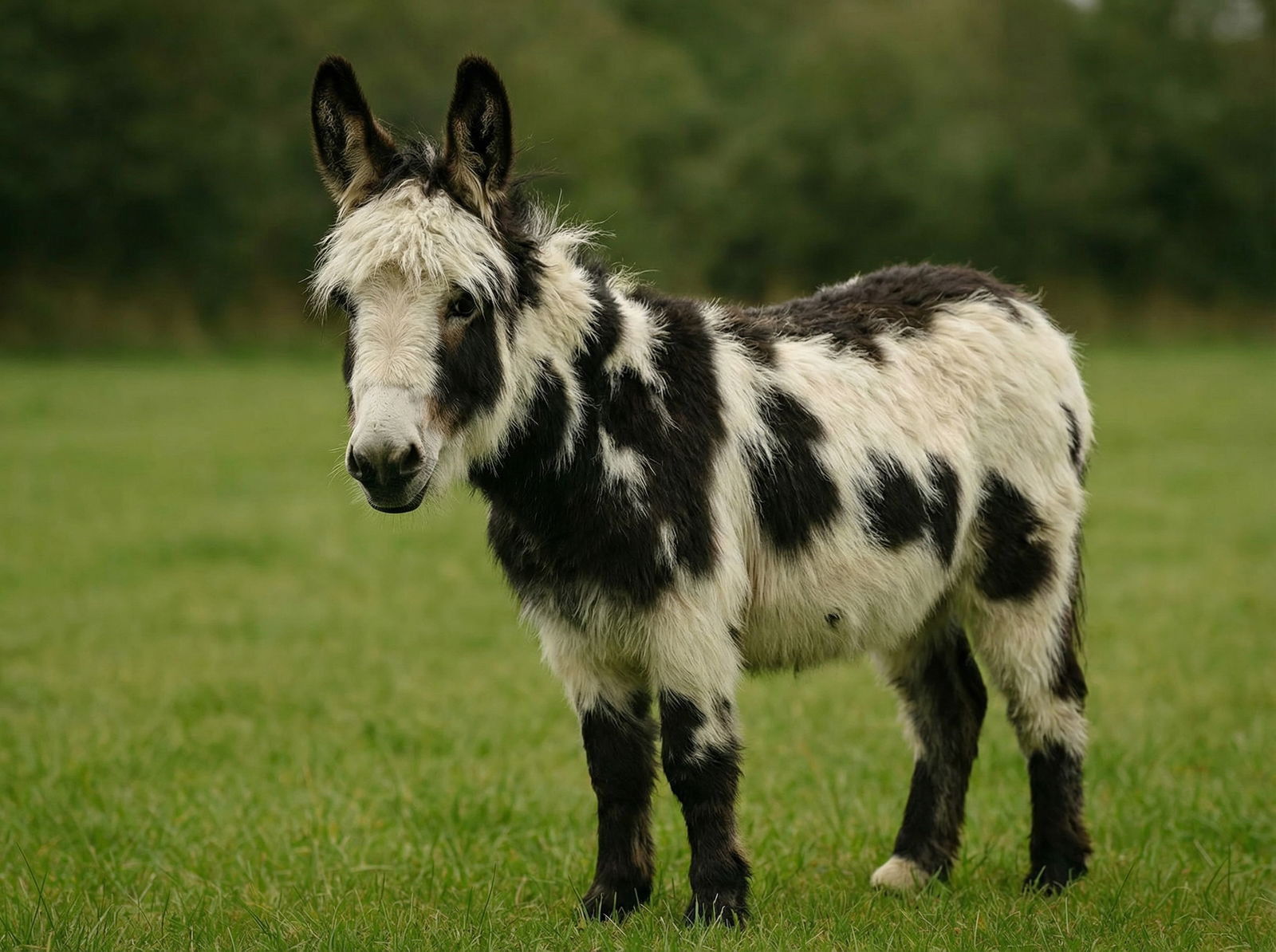 Miniature Donkeys
Miniature Donkeys
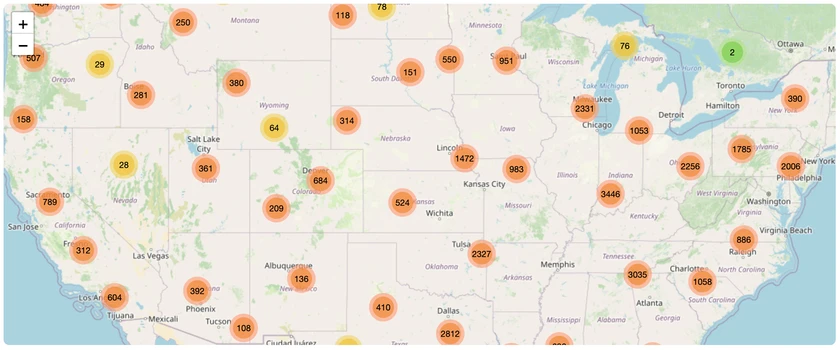 All Species Directory
All Species Directory
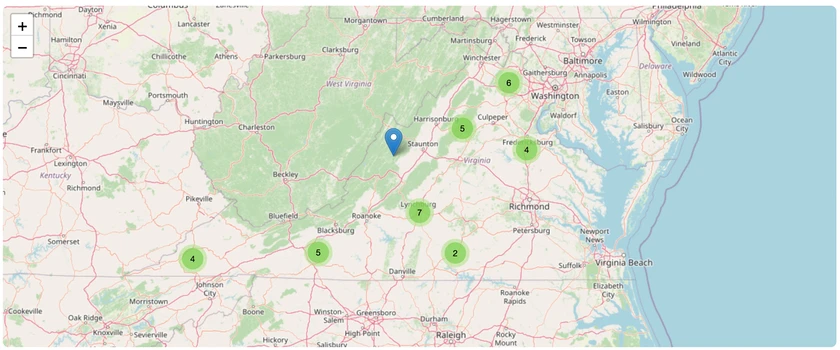 Highland Cattle in Virginia
Highland Cattle in Virginia
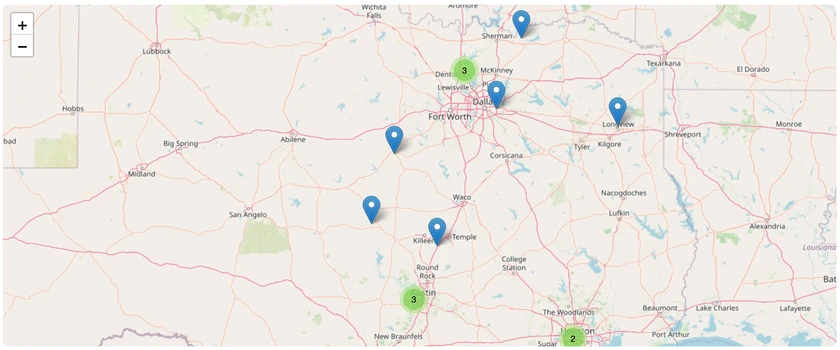 Miniature Donkeys in Texas
Miniature Donkeys in Texas
